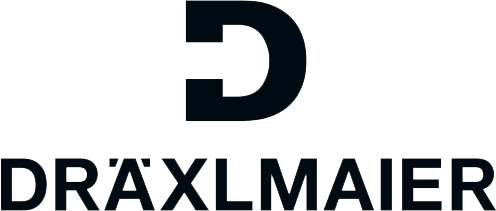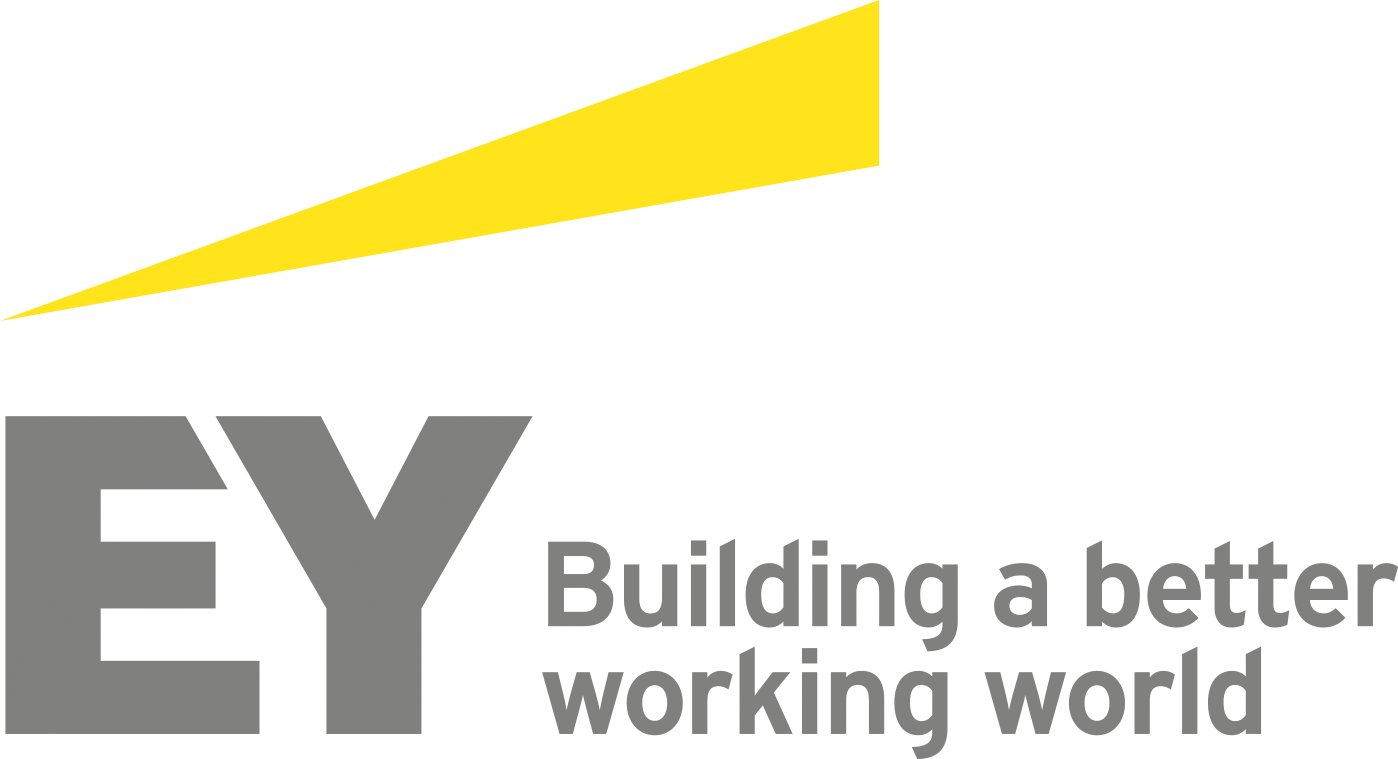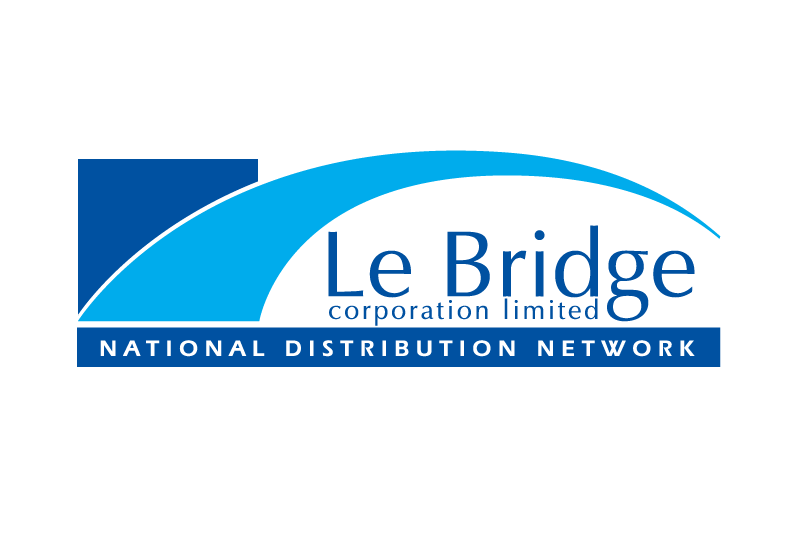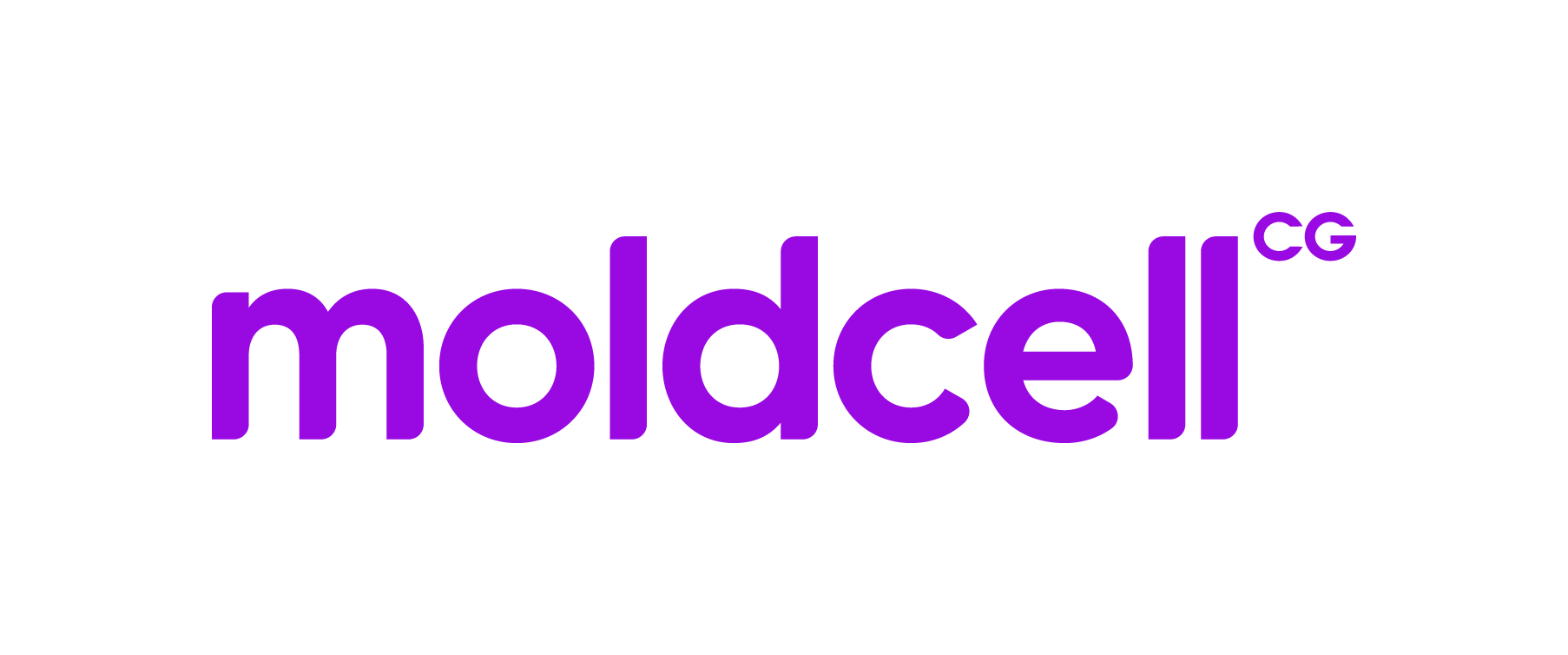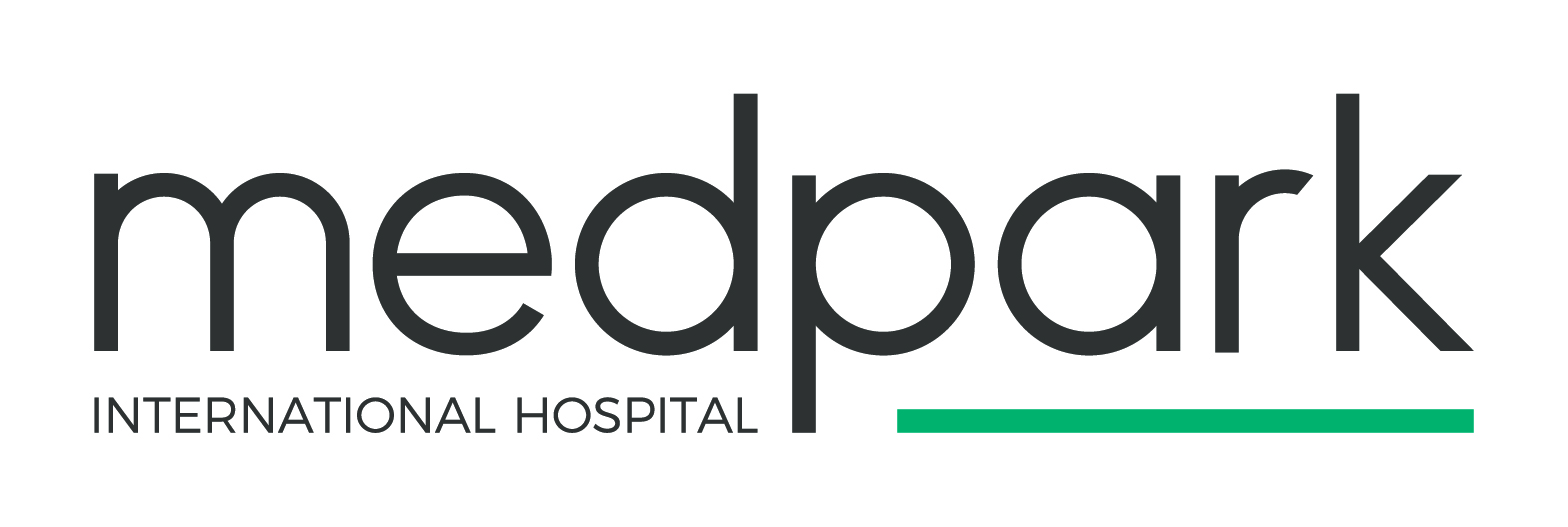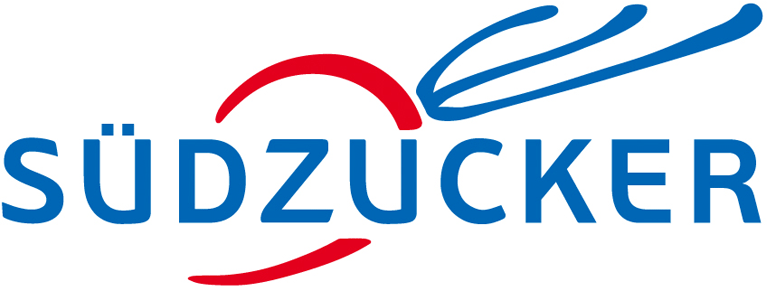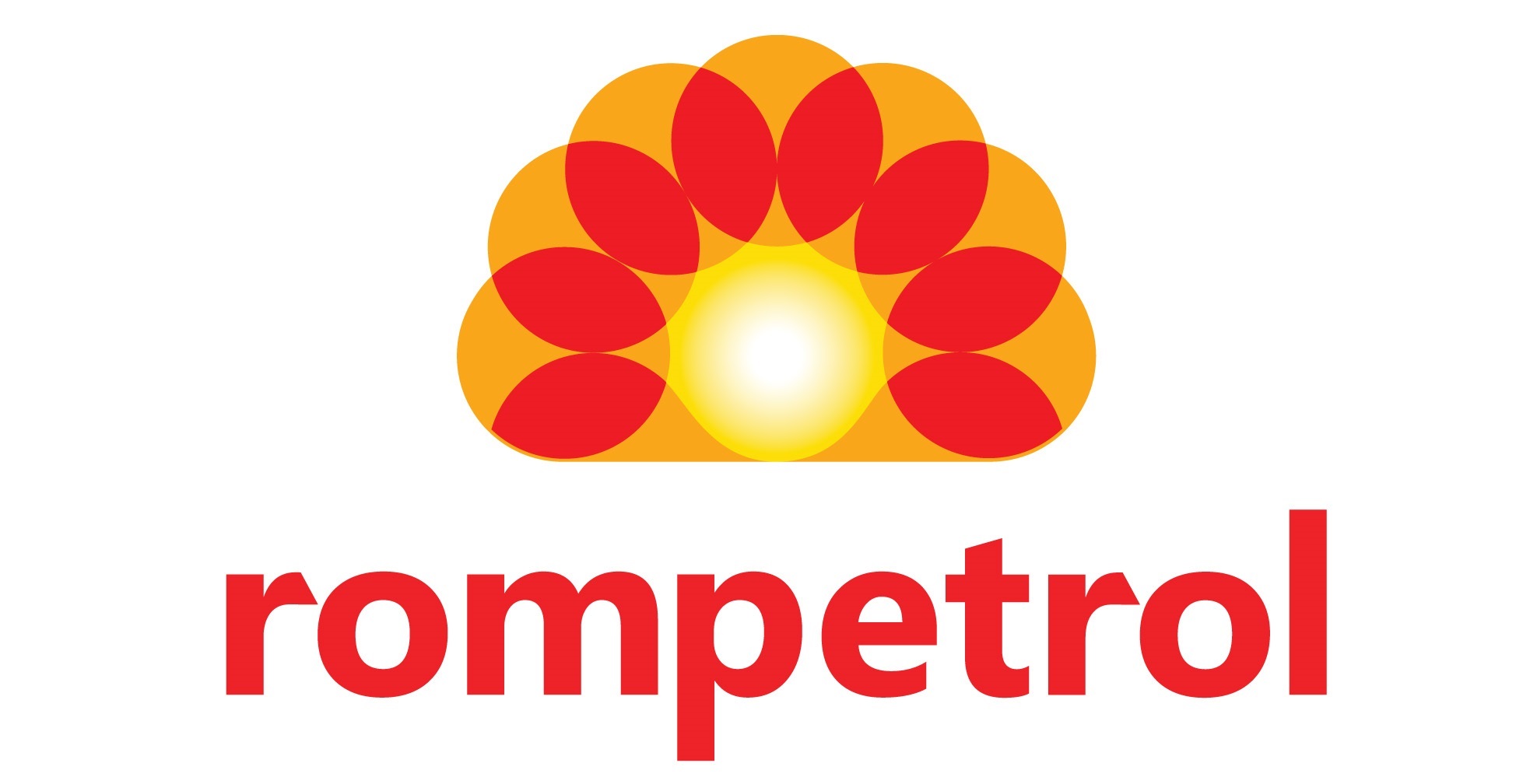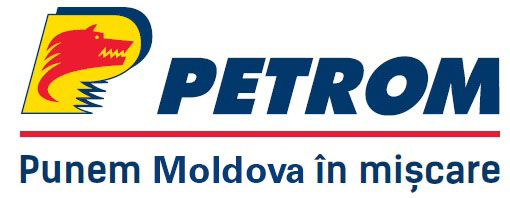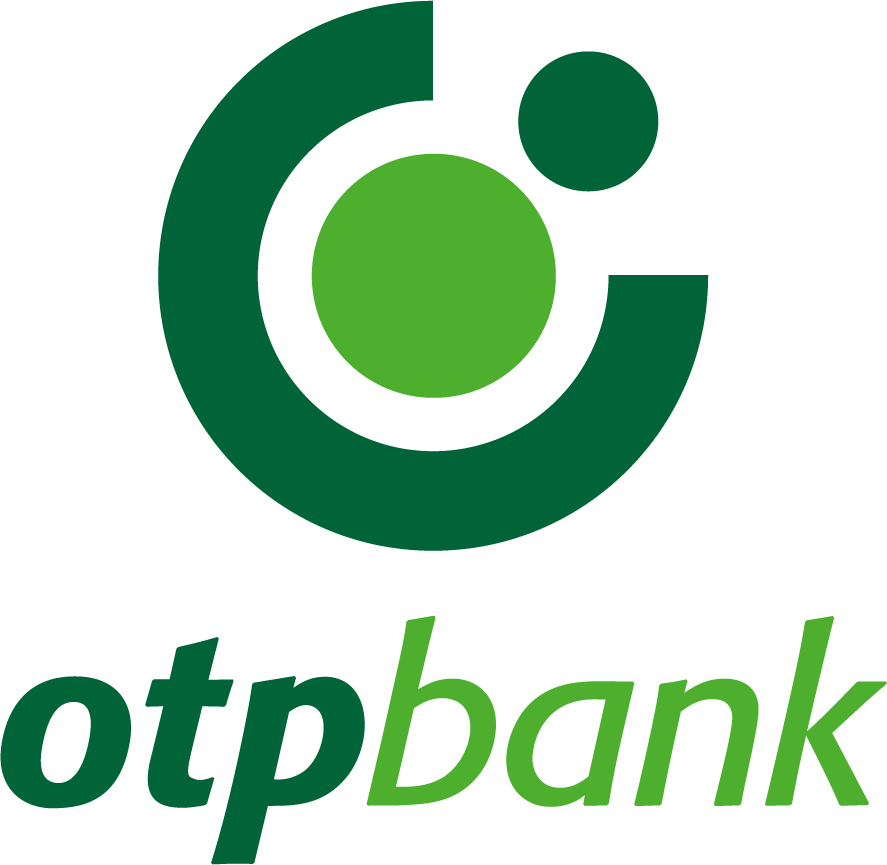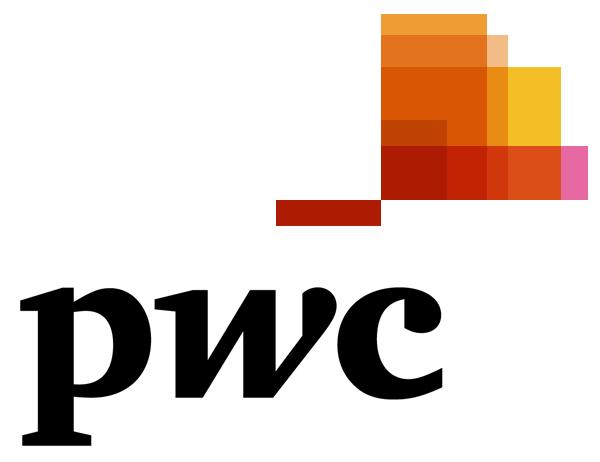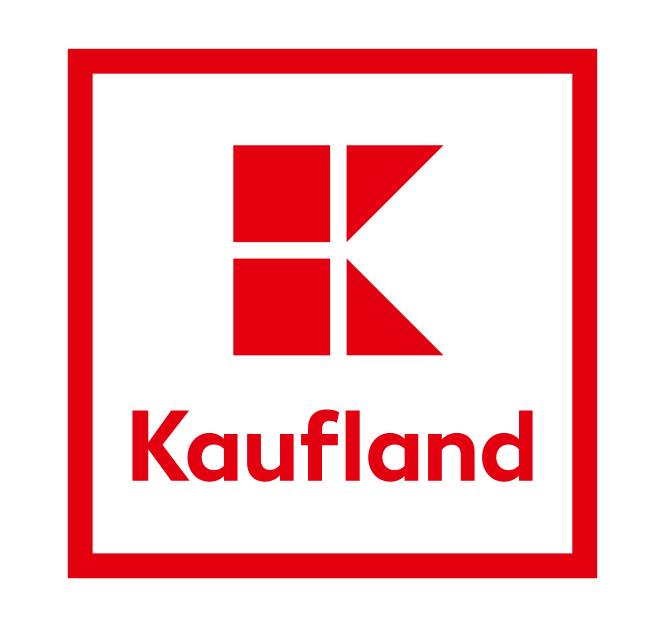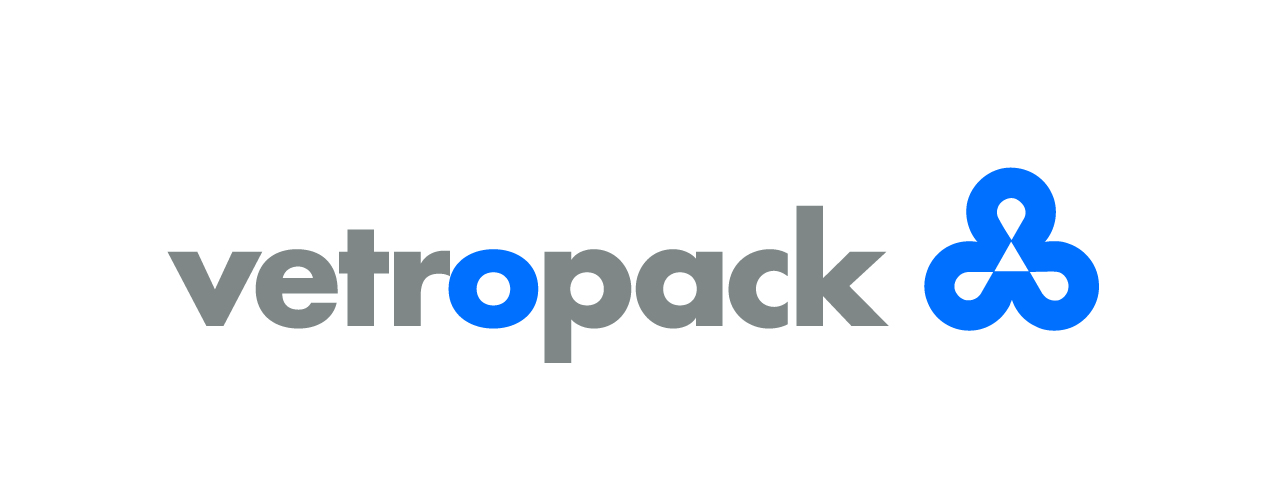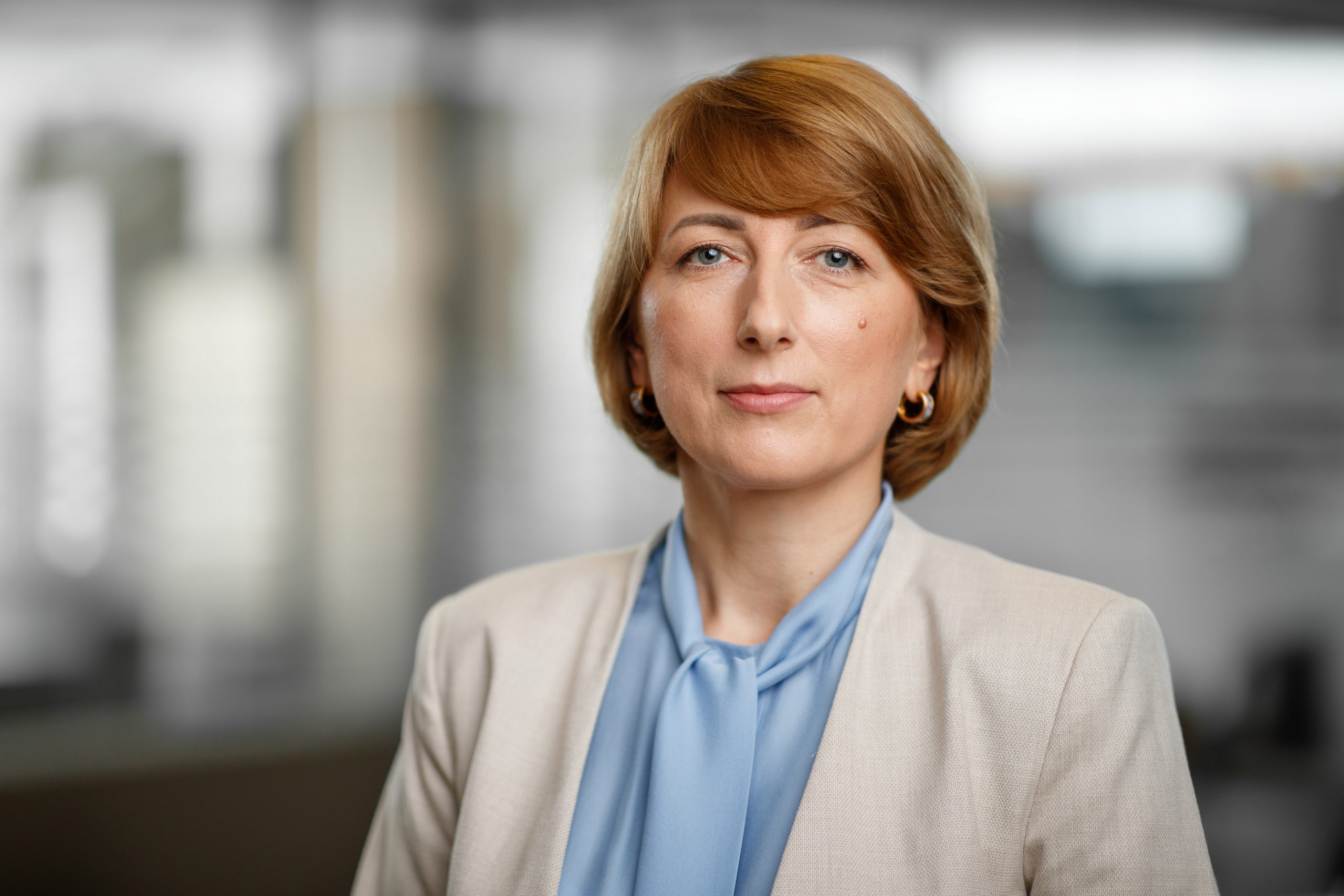
Olga Schiopu, Medpark: Our goal is to unite the voices of the business community in dialogue with the authorities
For 20 years, the largest foreign investors in Moldova, united in the Foreign Investors Association (FIA), have been working together with the authorities to improve the investment climate in the country. These are the most active enterprises, generating progress in their sectors and influencing the sustainable development of the economy as a whole and the social sphere of Moldova. A special case is the market of medical services, which is only at the beginning of the realization of market principles and free competition. Olga Schiopu, CEO of Medpark International Hospital, explained to us the reform of the market and the actions promoted in this direction by the FIA.
– 20 years ago, foreign investors were united into an Association. What considerations formed the basis of the association?
The principle of organizing into business communities is a reliable international practice, especially in countries with developed economies. It is absolutely essential for businesses to have a quality business networking circle to share and learn best practices and trends. It is a constant flow of high-quality data that can be used to expand and enhance corporate performance. This is a direct benefit of being part of the FIA.
At the same time, one of the main goals of the Association is to consolidate the opinions of the business community on issues of common interest to the authorities and, in dialogue with them, to contribute to improving the effectiveness of the regulatory framework, since business is the engine of progress in each country and society. In this regard, recommendations for modification provided by business should never be ignored, but should be discussed and, if possible, amended. Through the FIA, we also introduce issues relevant to the healthcare sector into the dialogue with the authorities. Clearly, the topics are changing in the course of our work. Some of them can be solved, some require time, but in the end this interaction is logical and helpful, as the regulatory framework is crucial to the smooth operation of both business and the government.
– What are the benefits of being part of the FIA directly to your industry and your company?
Two issues related to the treatment of oncological patients were mainly resolved with the FIA’s involvement. The first one concerned the overall demonopolisation of oncological care, since until 2017, oncological diseases could be treated exclusively at the Institute of Oncology. After the amendments to the legislation, treatment is possible in several institutions, both public and private.
Activities carried out under monopoly conditions tend to degrade, reduce quality and efficiency. If you have a monopoly activity, it is not competitive. The demonopolisation of cancer care has led to the emergence or establishment of several cancer treatment centers or institutions, both public and private. A competitive environment is being slowly created, which will definitely lead to progress.
The second topic is radiotherapy. In 2018, a government decree was adopted according to which radiotherapy could be performed strictly within a single public-private partnership, a single provider for all services in the country was allowed. We had the same monopoly situation, but we insisted on changing the legislation to prevent this, and now radiotherapy can be provided in several centers in Moldova. Unfortunately, we currently have only one center, which is based at the Oncological Institute.
Other providers have not yet entered this segment, but it is absolutely necessary, while competition leads to development.
The national healthcare system has gone digital, which is another area where we have managed to remove mountains, but we are still not at the finish line. We are intensively promoting, including through the FIA, the need to digitalize the healthcare system, primarily to ensure transparency of resources in the system, to have performance indicators for institutions, and to understand priorities. We have been pushing this topic since 2018, and in 2020-21 it is finally on the agenda of the authorities. In 2022-23 we can even observe some action. As a result, the possibility of healthcare digitization is competing. Although no significant steps have yet been taken, there has been progress.
– Let’s discuss the future as well. What are the sectoral and general priorities for discussion between the authorities and foreign investors?
Being in the healthcare business, I am amazed at how inefficient the government healthcare system is in terms of resource utilization. However, the taxpayers and payers in this system are you and me. The budget of the largest financier of the health system, the National Health Insurance Company (CNAM), increases every year. This year it reached 14 billion lei. Two thirds of it are made up of contributions from us, the working people. One third is formed as allocations from the budget. Ultimately, it is all our taxes. In other words, the efficiency of this health care system concerns us directly. But it is used ineffective and requires systemic restructuring.
During two or three years, we have included in the White Book the topic of contracting or criteria for selecting insurance companies. This is due to the fact that CNAM funds are distributed today in an archaic way that is not based on any principles of quality and efficiency. CNAM serves as a means of keeping inefficient medical institutions functioning, which should have been optimized or even closed long ago. This is a reality that every citizen should be aware of. We at the FIA are concerned about this issue because our member companies already employ around 26,000 people. If you include their families, that’s a large segment of society that is directly under our responsibility, and we care about how these people are served by the health care system. Many of us have to help employees through private health insurance policies or direct contracts with health care providers, but we are concerned how the money we give directly is handled. Last year, the FIA released research that showed that the FIA member group’s contribution to the health care budget was as high as 27% – more than a quarter. What happens with that money affects us directly. We continue to push this issue, but it has a lot of political overtones because the system needs to be reformed. And these reforms, which are supposed to optimize and streamline and ensure transparency, have never been very publicized.
Another topic we are working on is the reform of the national system of accreditation of health care institutions. Currently, the standards that must be met in order to be accredited in the health care system date back to the 80-90s. If we bring these standards to the modern levels adopted in developed countries, which are necessary for accreditation in the health care system, it will also increase the efficiency of the system.
And finally, digitalization, which is an instrument of control over everything that happens in the system. Here, the patient as a service user benefits, but most of all, digitization benefits the authorities, the state as a whole, who accumulate this budget and should be interested in spending it as efficiently as possible.
Moreover, when you have enough consistent data and statistics to make your work more efficient, you can measure that efficiency. Without a performance measurement instrument, you won’t know where you’re progressing.
Agora.md:Olga Șchiopu, Medpark: „Scopul nostru este să unim vocile comunității de afaceri în dialogul cu autoritățile”
Newsmaker.md: Ольга Шкёпу, Medpark: Наша цель – объединить голоса бизнес-сообщества в диалоге с властью





